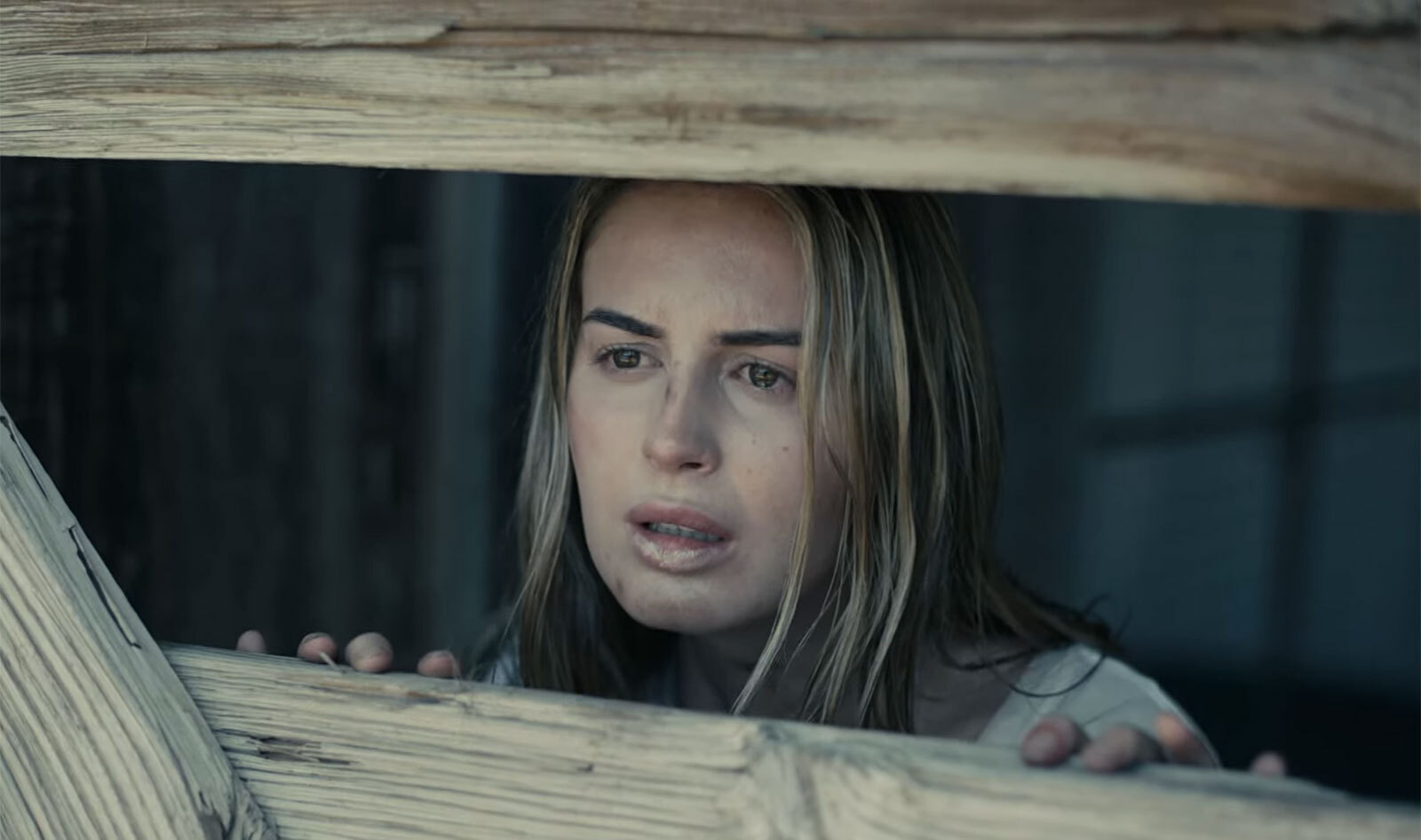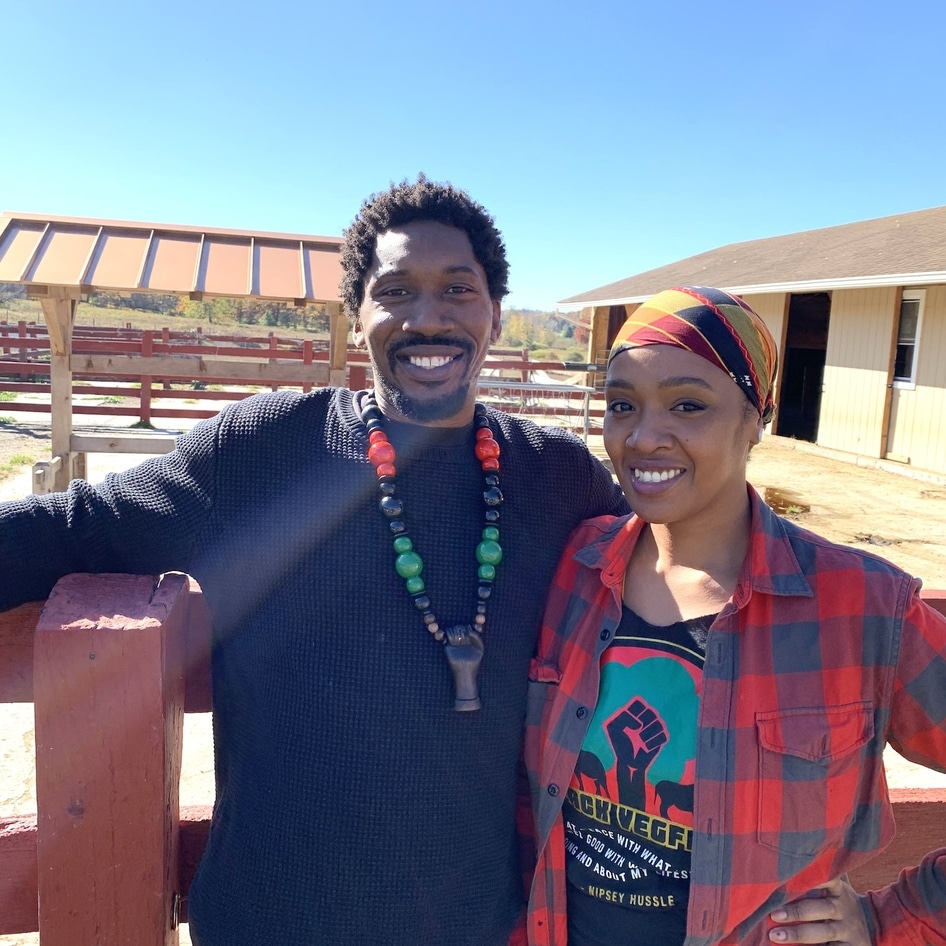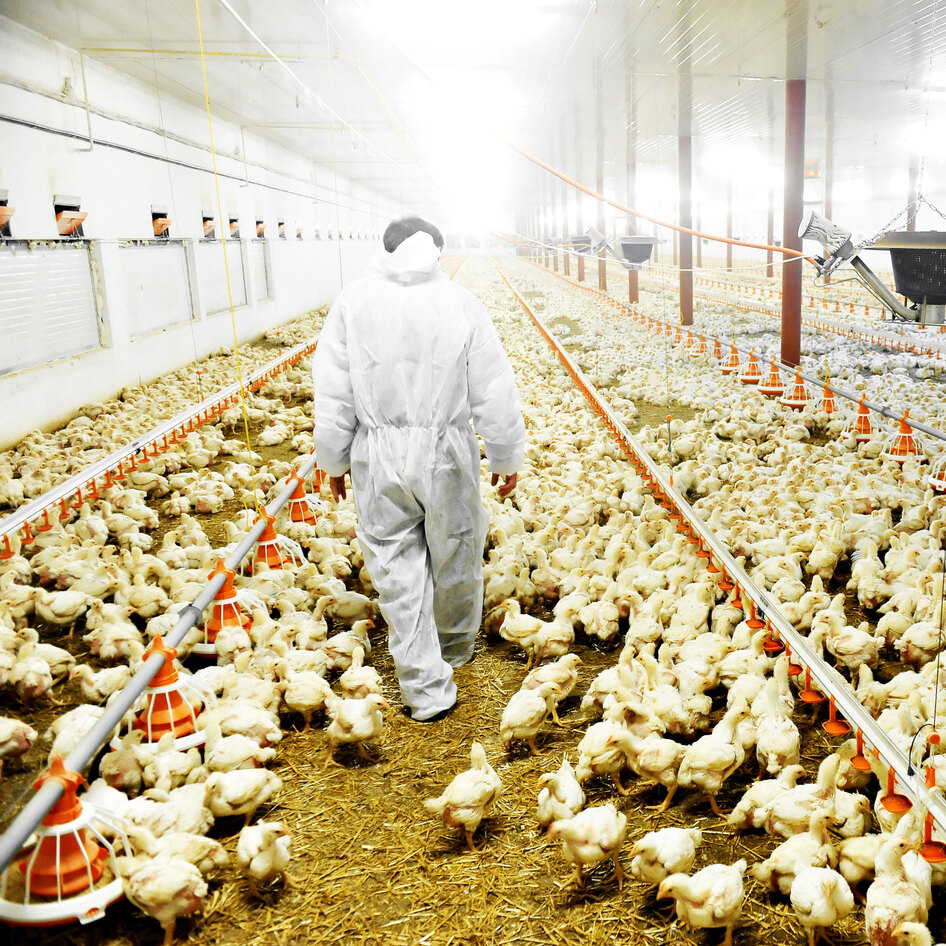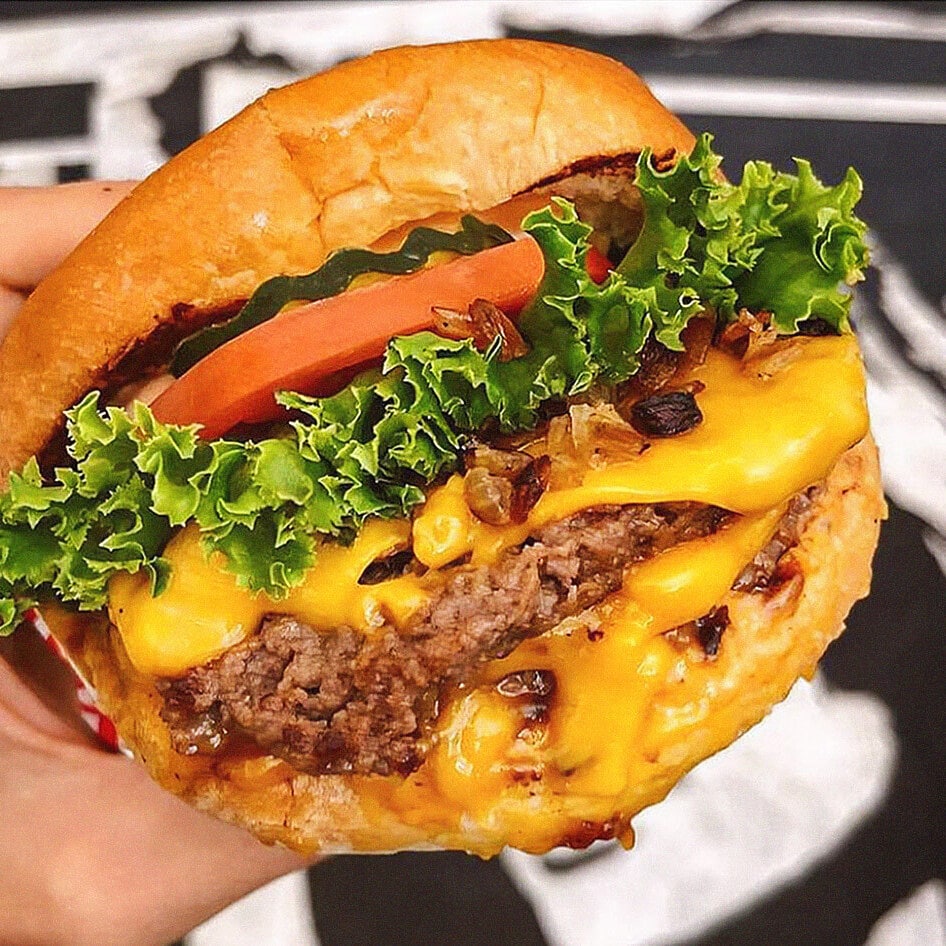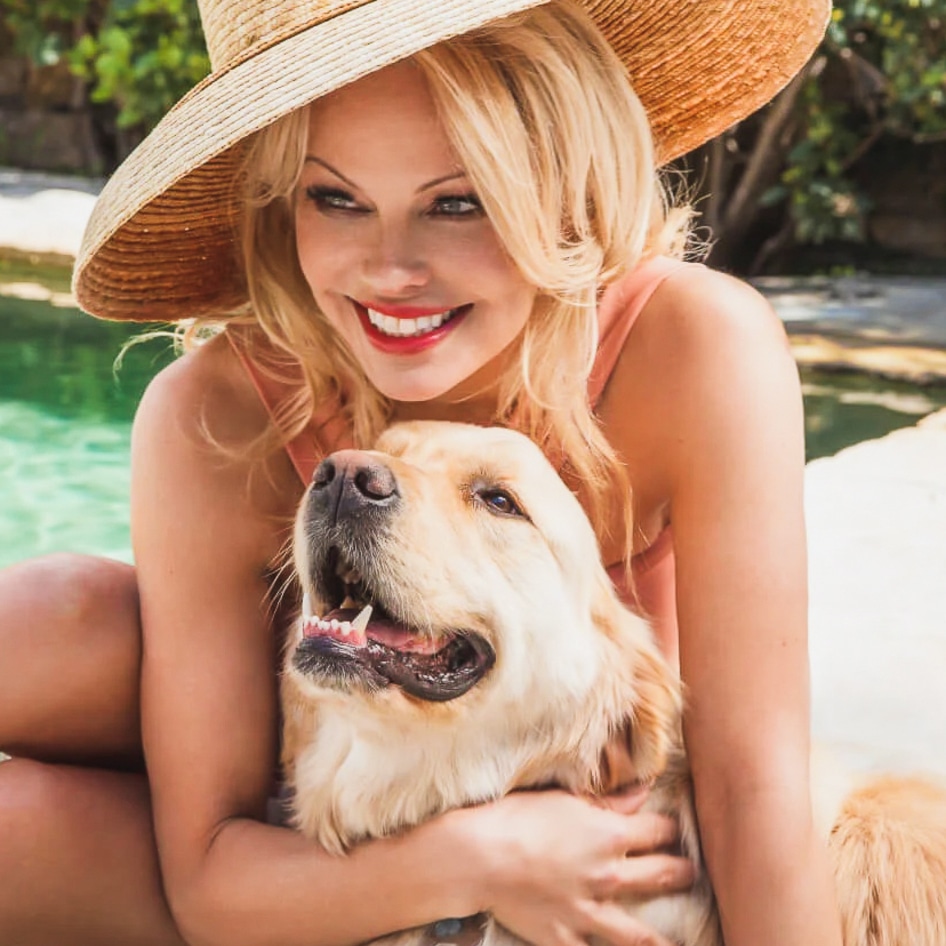After screening at the first immersive vegan experience in Los Angeles last November, the award-winning short film The Next Girl is now available for all to view on UnchainedTV’s free streaming service.
The mounting awards the short film has received show that the film’s story leaves an undeniable impression. The Next Girl is an Official Selection at 11 film festivals and has already won six “Best” awards and one “Finalist” designation in the narrative short film categories, including Best Indie Short from Cannes World Film Festival, Best Short Film from Carpe Diem, and Best Short Film from Better Earth International Film Festival.
Produced by Vkind Studios, The Next Girl unfolds a chilling tale of oppression, heartbreak, and the enduring power of hope. The film takes place in a dystopian world, where enslaved young girls are condemned to a life devoid of bodily autonomy, and forced to bear children. Separated from their mothers, the stolen children grow up in isolation and live the same horrific injustices as their mothers.
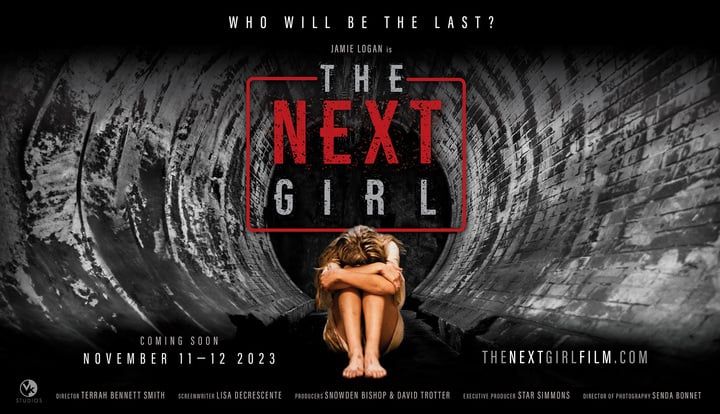 Vkind
Vkind
The film stars Jamie Logan, who also stars in 2023’s Pet Shop Days and A Larp’s Tale. The narrative of The Next Girl centers around a young woman played by Logan. She clings to the vague memories of a mother she barely knows, but her dreams of freedom propel her forward through the darkness.
The film shares a poignant moment as the young woman becomes a mother herself. Cradling her newborn against her chest, she experiences a rush of emotions—love, vulnerability, and connection. Yet, the cruel fate that binds them intervenes, forcing her to place an amulet of doom around her daughter’s neck, condemning her to the same fate.
An underlying message
The film includes a plot twist that reveals a harsh reality that many experience every year. Through the lens of director Terrah Bennett Smith and screenwriter and executive producer Lisa DeCrescente, the film aims to be a catalyst for change by revealing a world too often ignored or misunderstood.
“In my advocacy, I have encountered more individuals who seem to get in their own way of learning the truth and allowing themselves to be educated,” DeCrescente tells VegNews.
“My goal was to offer the viewer a glimpse into a world they refuse to acknowledge or know little about—to create a new conditioned stimulus in their minds that will permeate their psyche and alter their decision-making power,” DeCrescente says.
The film’s executive producer, Star Simmons, underscores the importance of an open dialogue sparked by the film. Simmons says discussions surrounding the film have proven to be eye-opening, prompting people to appreciate a perspective they might otherwise have overlooked.
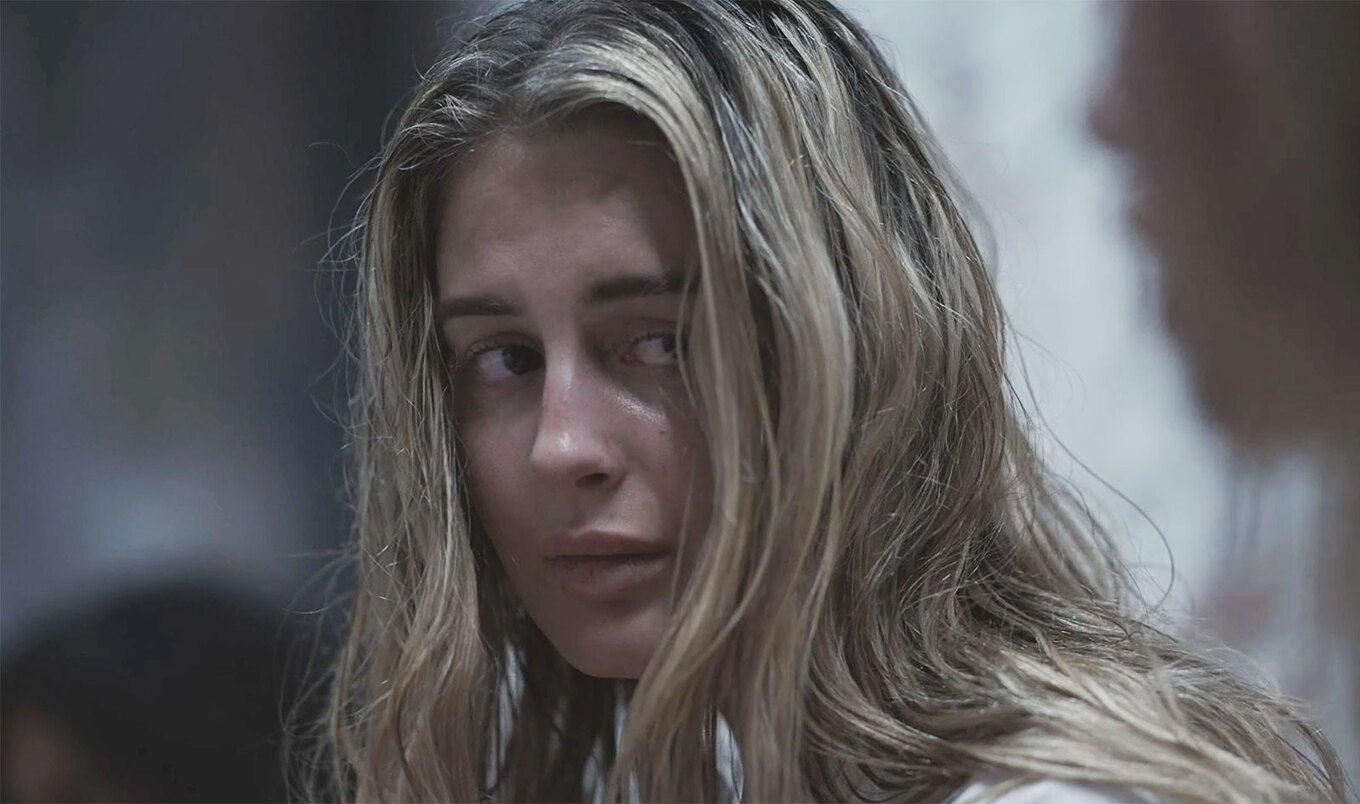 Vkind
Vkind
“An open dialogue is the best scenario we can hope for amongst those who are ready to engage. Here lies the true path, and this film lays that groundwork,” Simmons tells VegNews.
Turning oppression into compassion
The choice to set the film in a dystopian world was deliberate, Simmons says. The suffering and injustice depicted are not distant concepts but rather something the viewers can physically, psychologically, and emotionally relate to—a potent reflection of a dystopian reality.
“The story from birth was designed to offer a visceral portal for the audience member, whereby they not intellectually but rather physically, psychologically, and emotionally relate to a society with great suffering or injustice. This is the very definition of dystopian,” Simmons says.
Simmons notes that shooting the film in Tucson, AZ in the middle of summer was excruciating for the entire team—the days’ temperatures reached 120 degrees and there was no air conditioning in the old slaughterhouse where the shoot took place, except the office. But what the team experienced those four days was nothing compared to what some endure every day, Simmons points out.
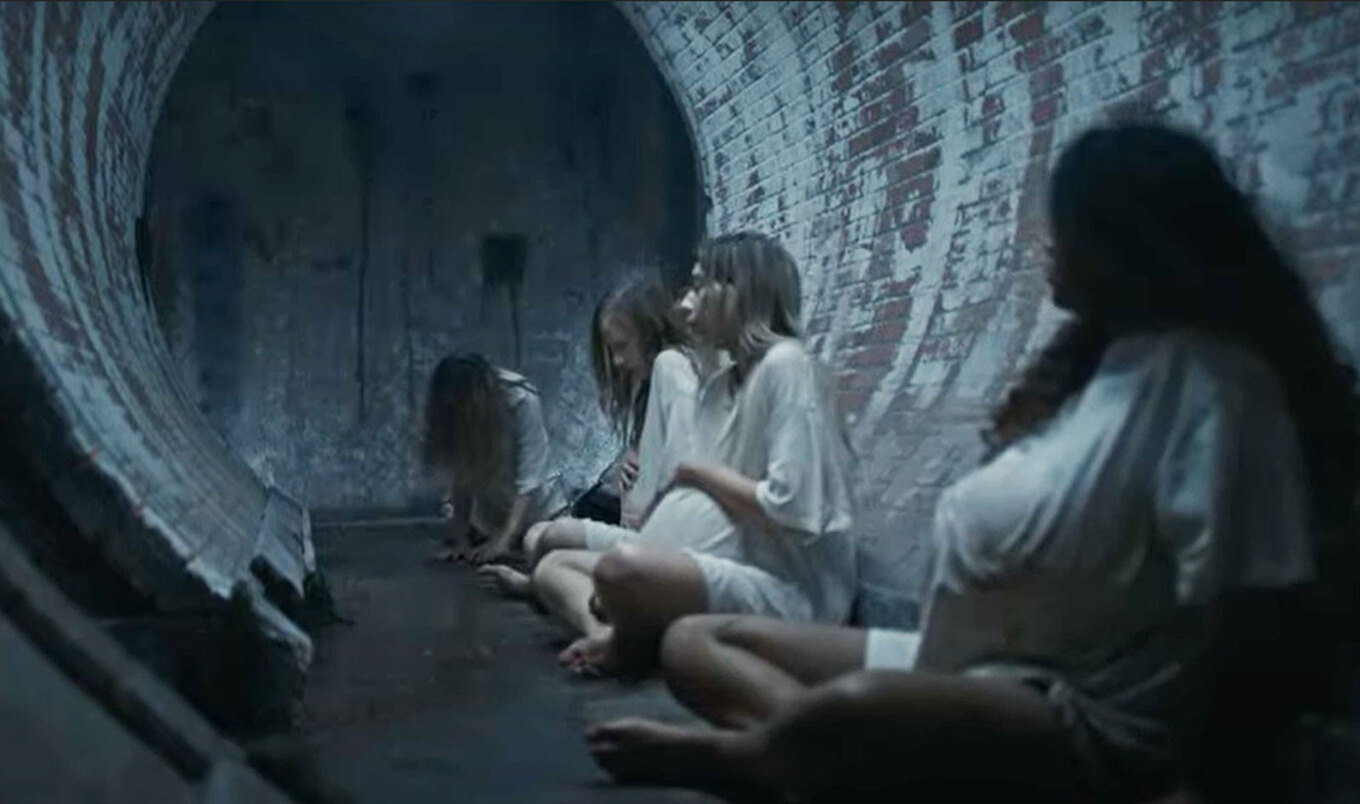 Vkind
Vkind
The film is intended to be a call to action and an opportunity to turn oppression into compassion.
“Our community must address and emphasize the root problem: the oppressive mind. When we focus on the victims, we leave ourselves vulnerable to criticism from the rest of the world. Our message is then jeopardized by the accusations of ‘comparing’ species—human animals to non-human animals, companion animals to farmed animals, and such,” DeCrescente says.
“Including ‘a comparison’ only invites the implication of difference into the equation, which there is none when victims are involved.”
For the latest vegan news, read:
JUMP TO ... Latest News | Recipes | Guides | Health | Subscribe

